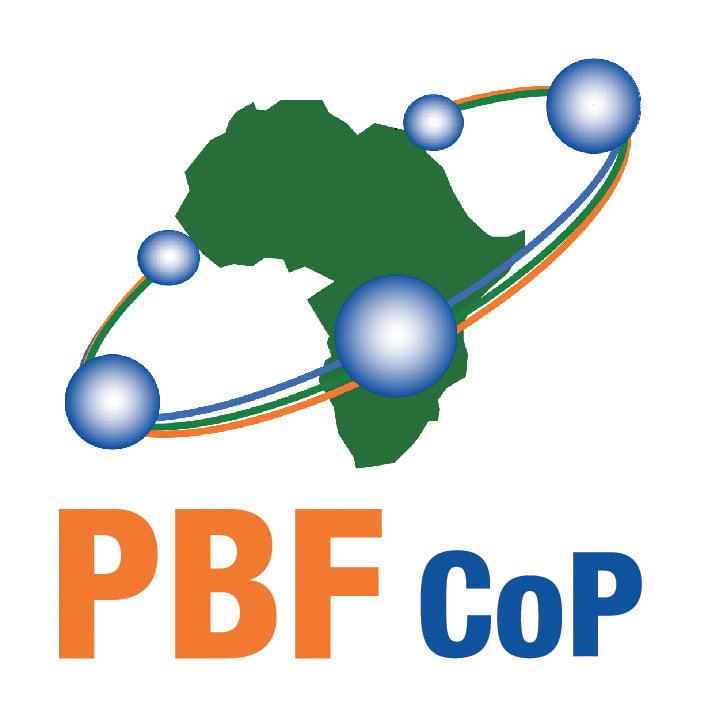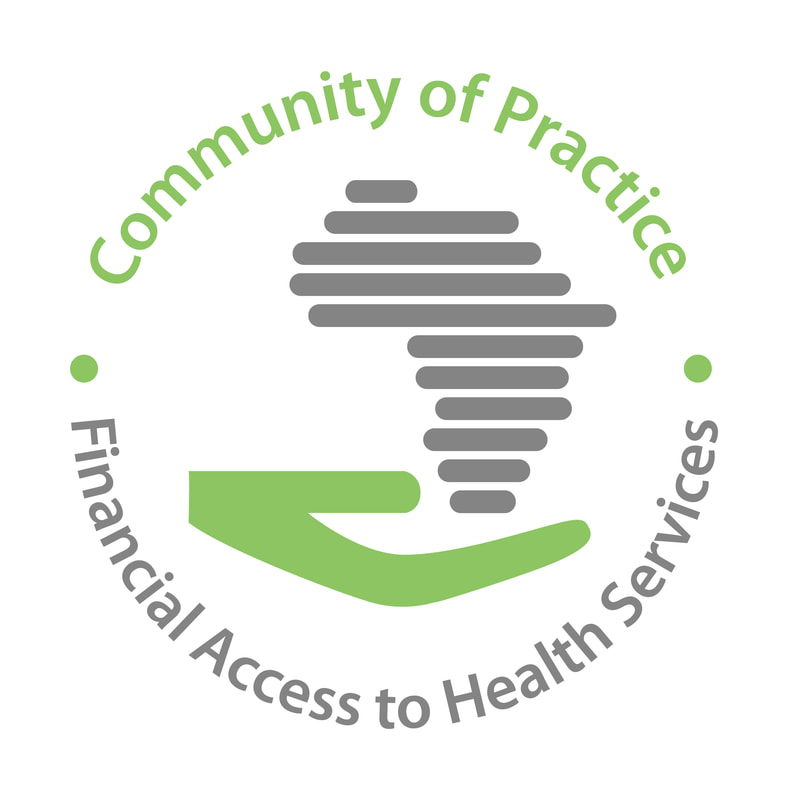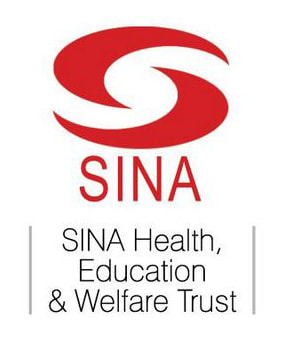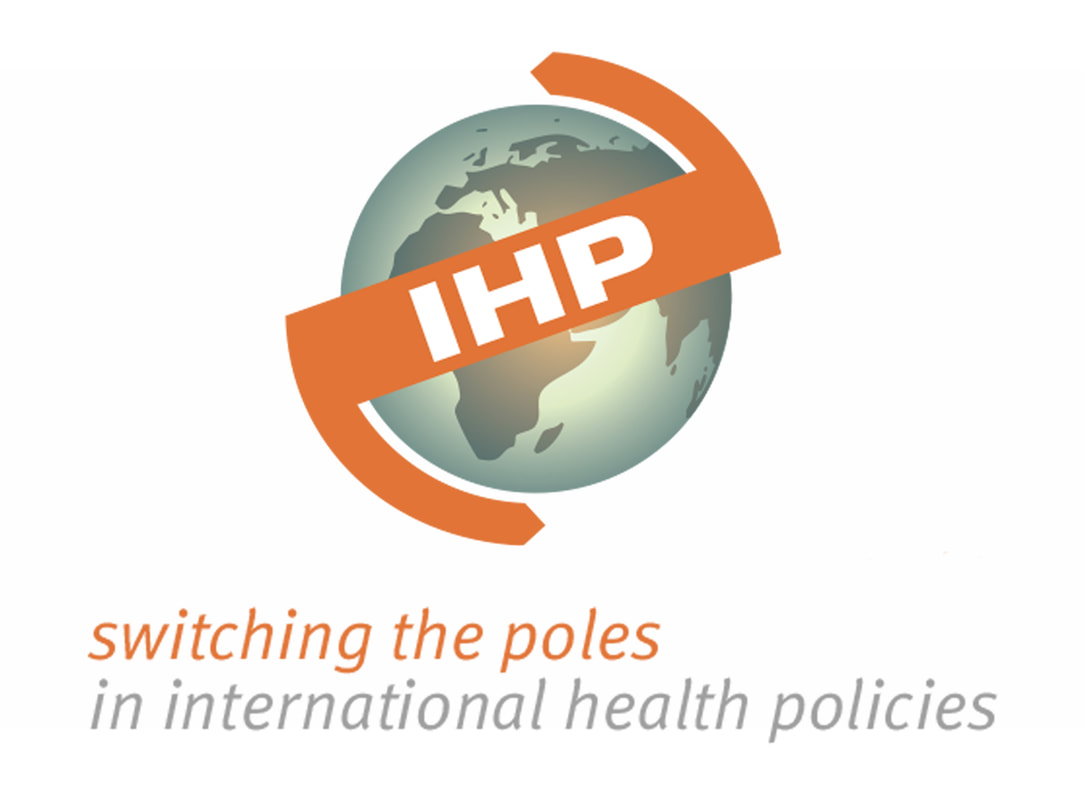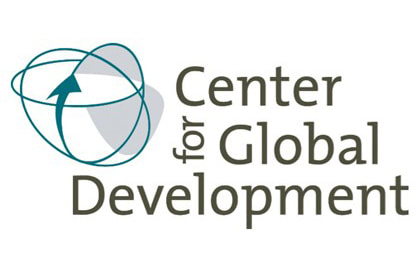In this blog post, Allison Kelley presents a descriptive research project being carried out by experts from two communities of practice – Financial access to health services and Performance-based financing - in twelve Francophone African countries. One of the project’s innovations is its collaborative approach.
Universal health coverage (UHC) – is higher than ever on the agenda, both nationally and internationally. Presidents, key development partners, and even international NGOs are all pushing for UHC. What consensus! And yet – as is often the case – the devil is in the details – and in this case, in the many and ever expanding number of health financing schemes in African countries: user fees, budget allocation, funding inputs, community-based health financing schemes, fee exemptions for certain population groups, exemptions for the poorest, performance-based financing… Just to illustrate my point, one of our experts has already inventoried 29 different health financing schemes in Niger!
Such fragmentation in national health financing, without even mentioning the challenges of quality and human resources, can leave one feeling perplexed in the face of all the fervour around UHC. How can the various pieces of the health financing puzzle be assembled to constitute a coherent picture at a national level? In many countries, there are a multitude of different actors involved in the planning and implementation of such health financing schemes (HFS), all with their own objectives. Many are unaware that they are in some way contributing to UHC in their country. They may also be lukewarm at the prospect of collaborating or being “rolled up” into some sort of larger scheme.
The diversity and confusion around various aspects related to the governance, objectives, intervention level, target groups, financing sources, available budgets, eligibility criteria, management and performance of these various HFS are such that no one today has the whole picture. And yet this picture would seem essential if a country truly wants to progress toward a more efficient and equitable national health financing system. It would also help to identify population groups that are less well covered, and those that may have double coverage (and those who stand to gain from such double coverage), inefficiencies, etc. I’d even suggest that having this full picture should be a prerequisite to defining and putting in place a national health financing strategy.
A multi-country study
Thanks to French Muskoka funding (with additional resources from Cordaid), experts from two CoPs – financial access to health services and performance based-financing – are carrying out a collaborative research project in 12 sub-Saharan Francophone African countries. Their goal is to map this tangle of HFS. At the country level, we hope that this mapping exercise will create a clearer picture of the complexity of health financing schemes in-country. By comparing across the 12 countries we hope to be able to begin to trace some recurrent situations, or patterns, that we can interpret as favourable or unfavourable (using existing knowledge of health economics and political economy) toward expanding UHC.
A collaborative process from A to Z
If this research is modest in terms of its scientific objectives (descriptive documentation only using existing secondary data and knowledge held by experts), it is more innovative from a methodological perspective: from its conception to its end, it is a collaborative process.
Back in Spring 2012 (yes, it can take some time to turn an idea into a reality…), we organised a “virtual brainstorming” using the on-line discussion groups of two CoPs. We asked members to suggest priority research topics for a proposal to be submitted for French Muskoka funding (UNICEF WCARO). We then put the suggested topics to an electronic vote by members. The outcome was uncontested: the top priority topic was to better understand how to link up the ever-growing number of HFS at the national level in a coherent move toward UHC.
Since so many countries were interested in the topic, we opted for a more open research model that would capture a maximum number of experiences (rather than focus in on 1-2 countries): a sort of overview of what exists, not unlike the inventory carried out to prepare for the FAHS CoP’s first workshop in Bamako. We launched a call for individual experts to carry out the research at the country level. Because the Muskoka funding covered francophone countries (and only some of those at that), we ended up with candidates for 10 countries: Benin, Burkina Faso, Guinea, Ivory Coast, Mali, Niger, Central African Republic, Democratic Republic of the Congo, Senegal, Chad, and Togo. Our open model then led us to include two “non-Muskoka” countries, Burundi and Cameroon, thanks to Cordaid funding.
After signing the contract in Spring 2013, we were able to thus put the research team in place. A study guide was drawn up and shared with this team, and then improved through their comments and suggestions. A product of real joint collaboration!
What’s next
The research is finally underway. Researchers on the team are in continuous discussion on challenges, tips, and strategies for obtaining the financial data they need…
The results from this first phase of research – a mapping of HFS in 12 countries and a synthesis of the situation across these countries – will be presented at the March AfHEA conference in Nairobi shared more broadly by mid 2014. This picture of almost a quarter of the countries in Africa should suggest some more general lessons and perhaps even some recommendations.
In early 2014, we will begin preparing the second phase of the research (to take place in 2014-15). Our intention is to develop a more in-depth questionnaire that we will test in at least one country. Phase 2 will thus take a “deep dive” in a number of countries (providing sufficient funding is available). We will attempt to document efficiency and equity losses due to overlapping and duplicative HFS and to identify areas for improvement. We expect that this second phase will produce concrete recommendations for each country studied in-depth.
This type of research project is definitely uncharted territory for the CoPs. Its the first time we have solicited member involvement for this sort of documentation. What we find especially interesting is getting involved in an area of research that is relatively less popular – multi-country studies and cross-country analysis. Between individual studies on health financing in a particular country and the tables WHO produces annually on international health spending, we think there is room! And CoPs may just have a role to play, given their members span almost every country on the African continent. Still, our ability to succeed at such endeavours will depend on factors like our ability to coordinate amongst ourselves, and to help each other out where necessary. We certainly plan to document this original, collaborative research model along the way.
So stay tuned for preliminary results in early 2014. Here’s hoping that we can contribute to making more of the existing multiple and diverse HFS to expand UHC.

